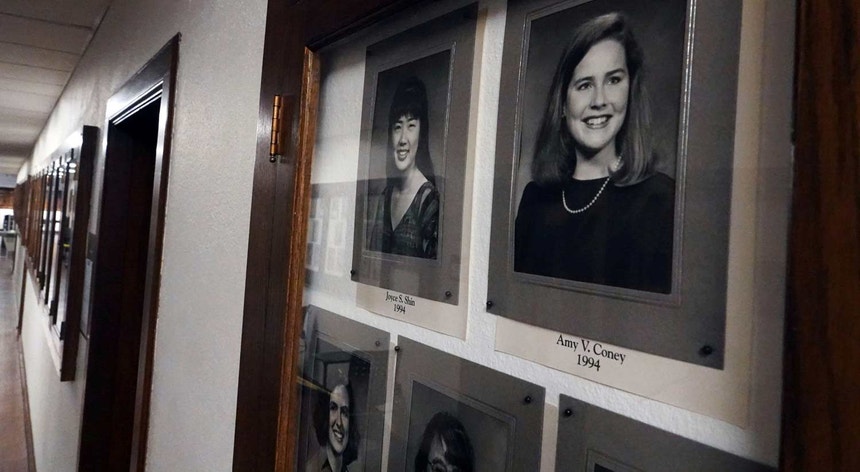Menopause is one of the ages that we all go through, with advancing age we are exposed to hormonal changes, and in women it has many complications and symptoms where a discontinuity usually occurs between the ages of 45 and 55, but it can develop before or after this age group, and within a series of topics Q and C Day Seven offers everything you need to know about women’s menopause, according to the site healthline
Q: When does menopause begin and how long does it last?
A: Most women start having symptoms of menopause about four years before their last menstrual period. Symptoms often last until about four years after a woman’s last menstrual period.
A small number of women experience menopausal symptoms for up to a decade before menopause actually occurs, and one in 10 women experiences menopausal symptoms for 12 years after their last menstrual period.
Q: What are the symptoms of menopause?
A: The experience of menopause is unique for every woman, the symptoms are usually more severe when menopause occurs suddenly or within a shorter period of time, conditions that affect ovarian health, such as cancer or a hysterectomy, or some lifestyle options, such as Smoking increases the severity and duration of symptoms.
Aside from menstrual changes, premenopausal, menopausal, and postmenopausal symptoms are generally the same. The most common early signs of menopause are:

1: Less menstruation.
2: periods that are heavier or lighter than usual.
3: Night sweats.
4: Insomnia.
5: Vaginal dryness.
6: Weight gain.
7: Depression and severe anxiety.
8: Difficulty concentrating.
9: Memory problems.
10: Decreased sexual desire.
Q: Why does menopause happen?
Menopause is a natural process that occurs as the ovaries age and produce fewer reproductive hormones. The body begins to undergo several changes in response to lower levels of:

Estrogen
Progesterone
Testosterone
Follicle stimulating hormone (FSH)
Luteinizing hormone (LH)
One of the most notable changes is the loss of active ovarian follicles. Ovarian follicles are the structures that produce and release eggs from the ovarian wall, allowing menstruation and fertility.
Most women first notice that the frequency of the menstrual cycle becomes less consistent, with the flow becoming heavier and longer. This usually occurs at some point in the mid to late forties. By age 52, most women in the United States have undergone menopause..
In some cases, menopause is caused by an injury or surgical removal of the ovaries and related pelvic structures.
Common causes of menopause include the following:
1: Bilateral oophorectomy, or surgical removal of the ovaries.
2: Oophorectomy, or ovarian function closure, which may be performed by hormone therapy, surgery, or radiotherapy techniques in women with estrogen receptor-positive tumors.
3: Pelvic injuries that severely damage or destroy the ovaries.
– .


